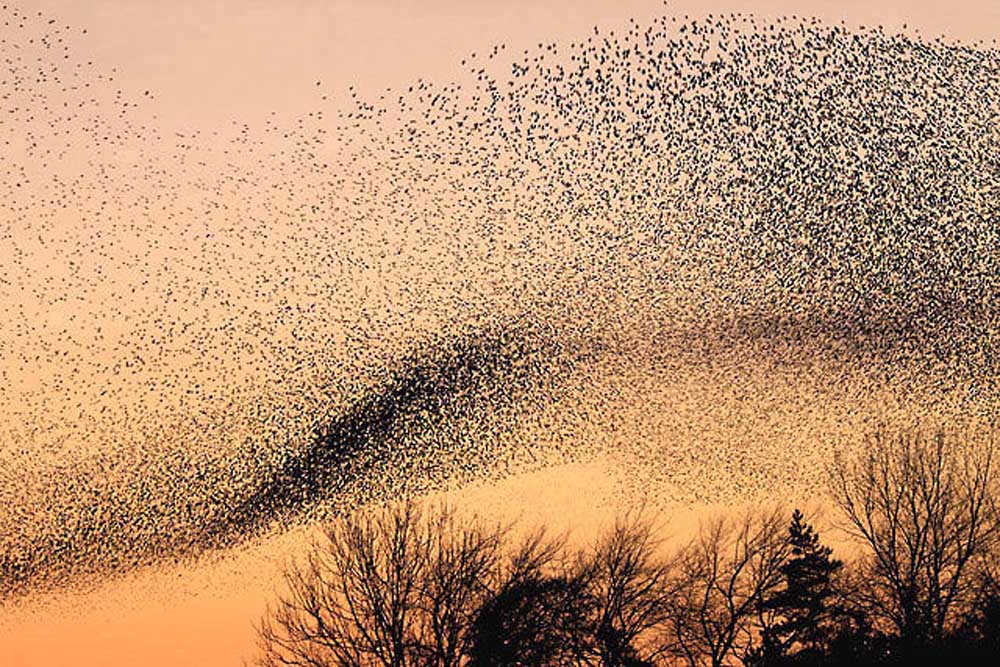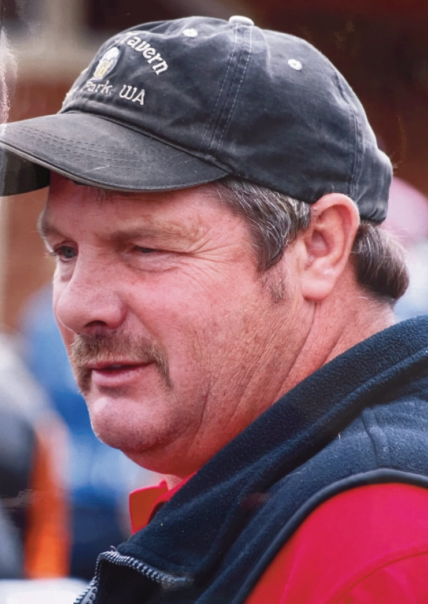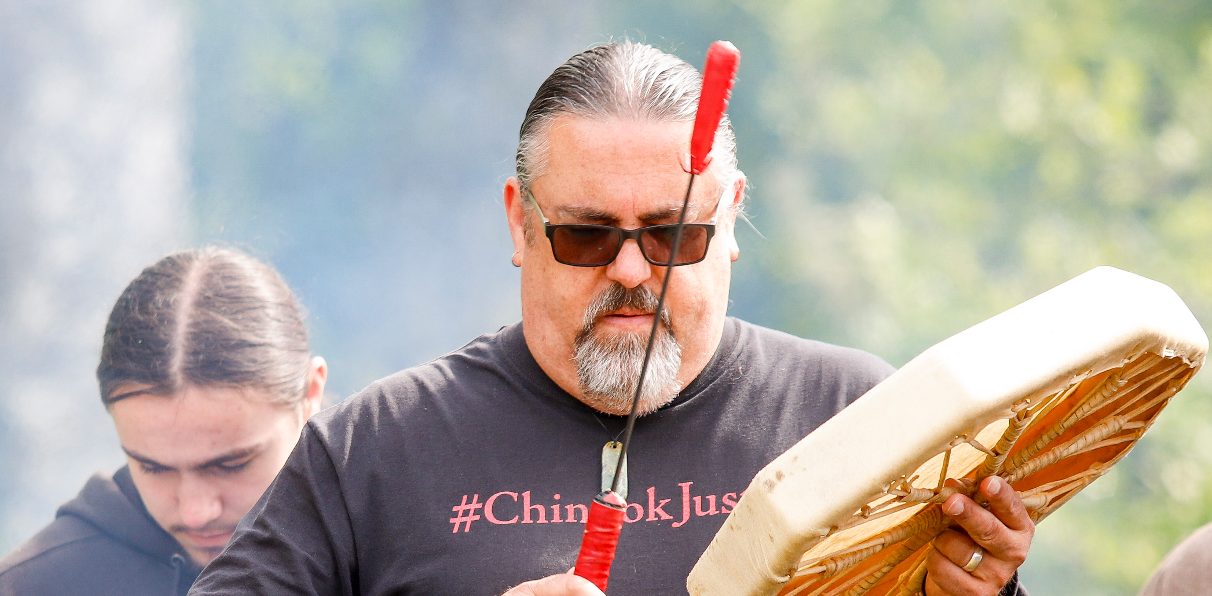Northwest Nature Log The passing of a wildlife advocate
Published 12:16 pm Tuesday, September 29, 2015

- A murmuration of starlings is a good symbol for Sharnelle Fee, her love of birds and her unexpected passing.
You may have seen notices in the local paper or wildlife newsletters this week about the passing of Sharnelle Fee, founder and director of the Wildlife Center of the North Coast. Those notices provided the bare facts, the good that she did, her fierce determination to save every bird she could.
Trending
I’d like to provide a more personal remembrance of this incredible woman whom I worked with for over five years.
Sharnelle was not an easy person to know. She was all business, all about the birds and other critters. But her heart was so big, and her caring so apparent to all of us who worked with her.
I started volunteering at the center in a warm, dry September much like this one. On my first day, I showed up at the single-wide trailer that used to serve as her hospital. Sharnelle had bought over 100 acres of land near Olney, Ore., to create her sanctuary. The trailer sat in the middle of a big grassy field, open pens of cormorants and pelicans huddled around. The inside of the trailer looked pretty chaotic, until you learned the lay of the land. And it was all under the eye of her beloved kestrel, an education bird who was too damaged to be returned to the wild. With fierce dark eyes he noted everyone who came through the door.
Trending
Shortly after I arrived on day one, the phone rang. A deer had slipped down a steep embankment after being bumped by a car, just across from Brim’s nursery. Off we went for a rescue.
We pulled up and saw no sign of the deer. The Oregon State Police officer who had called Sharnelle guaranteed us that the deer was still in there. We spent hours in the September heat pushing through dense blackberry bramble, but that deer was healthy enough to stay ahead of us. Sharnelle went across to Brim’s where she was able to borrow a pair of big nippers to clear some bramble. Still no deer, although we could hear him. The officer reappeared and a deal was made. This kindly man agreed to drive by the area on his patrol throughout the day and keep an eye out for the deer. He would then let Sharnelle know what was going on. So back we went to the center to start the bathing and feeding routine. Later that day, the officer called to say that the deer had managed to scramble up the steep slope, find his way over the road and was paired up with a bigger deer in the field just north of Brim’s. He looked okay. These kinds of calls and cooperation were part and parcel of Sharnelle’s world.
One night she was called about a raccoon family on the Young’s Bay Bridge. They were intermittently reported scrambling around in the road. Sharnelle made three separate trips — three — in the middle of the night, to try to rescue those little guys. She was never able to get her hands on them, but it wasn’t for lack of trying! And rather than being frustrated by her interrupted sleep, she voiced admiration for the ability of those raccoons to elude her.
She spent countless long nights feeding orphan swallows every few hours when no one else was available. The swallows sat in soft cloth in a cereal bowl, looking out in all directions, little heads bobbing.
She purchased live mice to place in the “mouse arena” in the flight barn, so that the young barn owls would learn to hunt live prey prior to their release. Sharnelle would stand silently just inside the barn door on the darkest nights, watching the wraiths of the birds glide by on silent wings. She loved to see the silent owls passing by her, like ghosts.
She was never hesitant or doubtful around injured birds. Her instructions were to move slowly, surely and respectfully, and that’s what she did, even with terrified and combative bald eagles. She spoke softly to them as she worked, and soon they would be watching her with wide eyes, panting but still.
Seabirds were her special love. Another education bird, Nerdle, a northern fulmar, had “out of cage” privileges. Nerdle would roost comfortably near Sharnelle as she did her work, prepping food or cleaning cages. Nerdle cared only for Sharnelle. The rest of us could respectfully pick her up, but if she wasn’t ready to be handled, she would warn us once with a squawk, then spit mustard colored bile at the unfortunate volunteer.
Sharnelle’s wrath at the mistreatment of birds and animals is legendary. The shooting of the cormorants on Sand Island broke her heart. When asked by a friend how she was doing during her last hospitalization, she bypassed the question and asked again about the status of the shootings.
The hardest thing over the years, I know, was euthanizing birds for whom there was no hope. Sharnelle taught me how to do this too, so that death came quickly and painlessly. But even though suffering has ended, taking the life of a creature is a very tough thing. And she had to do it, over and over and over. Every death was a failure for her, though those birds were damaged beyond repair. She gave every bird the best chance for life and rejoiced when birds were released. That’s when I would see the stress and strain be replaced by a wide smile on her face as she stood, gazing over the bay, at the birds who had been given a new lease on life, diving and calling and never looking back.
I think that those birds that ultimately lost their fight for life, despite her best efforts, were there at her passing.
I think they carried her joyfully into the sky on a thousand strong wings.









